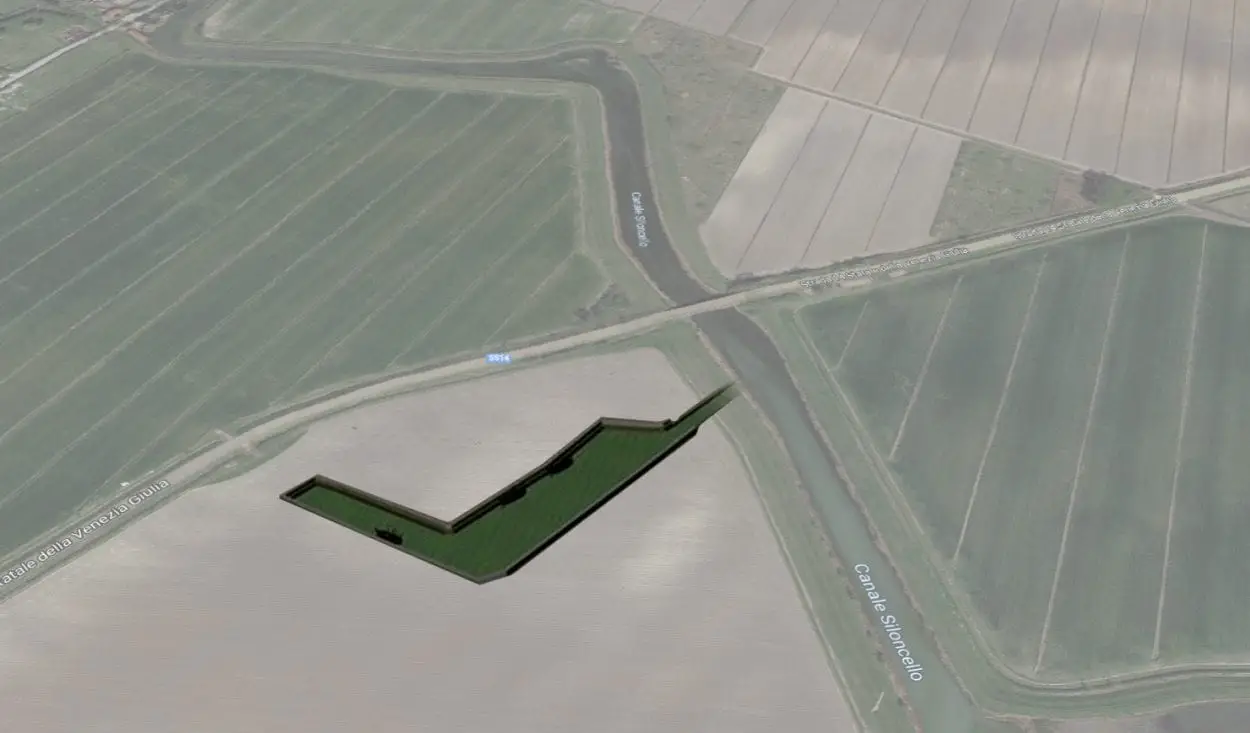A study by the Ca ‘Foscari University of Venice has discovered the remains of a Roman port at the ancient city of Altinum in Italy.
Altinum, also called Altino, was a Venetic settlement first settled by the Adriatic Veneti, before being absorbed by the Roman expansion across northern Italy.
The city developed into a major port and trading centre for timber, oil, wine and wool, until the shoreline became enveloped by sand deposited by the sea, blocking off access to sea trade and leading to the eventual abandonment by its inhabitants for the island of Torcello at the northern end of the Venetian Lagoon.
The remains of Altinum was plundered for its stone to use as building materials in Torcello and the emerging Venice, leaving very scant archaeological remains surviving above ground level.
As part of an ongoing project to document the plan of Altinum using non-invasive methods, the team from Ca ‘Foscaril, led by Associate Professor Carlo Beltrame are studying an area previously identified with an L-shaped feature by Paolo Mozzi, a geologist from the University of Padua.
Working in collaboration with the Superintendency of Archaeology, and the Fine Arts and Landscape for the Municipality of Venice and the Lagoon, the team has applied geophysical methods and collected sample cores, revealing the L-shaped feature to be a Roman port that was connected to the Venetian Lagoon, via the Canale Siloncello through a small waterway.
The study has also revealed numerous previously unknown associated buildings around the port area, allowing archaeologists to determine the wider extent of the Altinum port system and how other previously known structures, such as a Roman tower was positioned along the navigation route that led from the port to the sea.
Ca ‘Foscari University of Venice
Header Image – Hypothetical rendering of the port at Altinum – Image Credit : Ca ‘Foscari University of Venice





